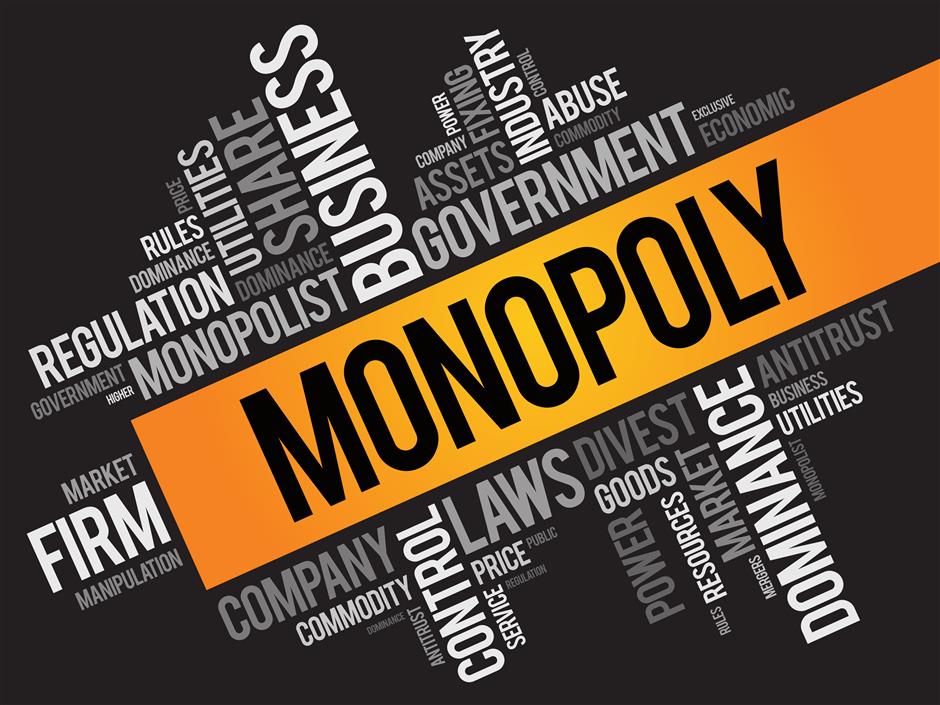Regulator blocks Tencent's merger deal to ensure fair competition in game livestreaming

China's State Administration for Market Regulation has blocked Tencent's application to merge top game livestreaming sites Huya and Douyu, citing anti-monopoly concerns.
The merger would have further consolidated Tencent's dominant position in the game livestreaming market and would give it ability and motivation to eliminate smaller players and restrict competition in the relevant upstream and downstream sectors, the SAMR said on Saturday.
"This would not be favorable for fair market competition and might hurt consumer interests. It also might bring adverse effects to the healthy development of the game and livestreaming industry," it said.
Tencent said that it has received the anti-monopoly review decision and will follow the decision to comply with regulatory requirements.
The SAMR has found that Tencent has more than 40 percent of the game market, the biggest share while Huya and Douyu have a combined over 70 percent market share in the game livestreaming market.
Tencent withdrew the merger application at the end of June, and filed an updated version to seek regulatory approval.
The anti-monopoly assessment has found Tencent's proposal for additional restriction solutions would not effectively solve the monopoly concerns.
Huya and Douyu announced they signed a merger agreement in October last year through a share-swap deal where Huya would acquire all issued shares of Douyu.
Tencent which holds stakes in both companies is expected to hold 67.5 percent of the new company's voting power had the merger been completed.
NASDAQ-listed Douyu and NYSE-listed Huya had a combined quarterly earnings of 4.76 billion yuan (US$720 million) in the first quarter this year.
The law enforcement decision today is the latest signal that anti-trust scrutiny would be enhanced for platform economy operators to make sure they follow a more orderly development manner, Zhang Chenying, a member of the state council's anti-trust committee, said in an official statement today.
A string of penalties have been handed out by market regulators since last December as it eyes to rein in the booming digital economy, sending a strong signal to tech giants that the Internet industry is not outside the oversight of anti-monopoly laws.
It shows that the Internet industry and digital economies are not outside the oversight of anti-monopoly law.
Since December last year, it has released administrative penalties regarding 44 cases where Internet platforms failed to seek regulatory approval for merges and acquisitions.
The State Council in March unveiled a new set of anti-trust guidelines that target Internet platforms to ensure fair market competition and promote the innovative and healthy development of the sector. This aims to stop monopolistic behaviors in the platform economy and protect fair competition in the market.















